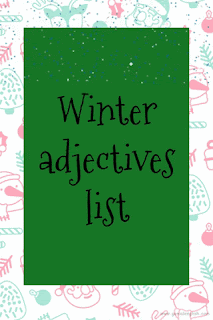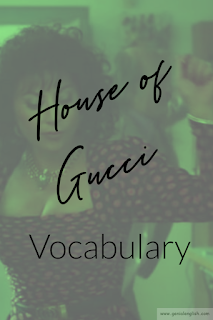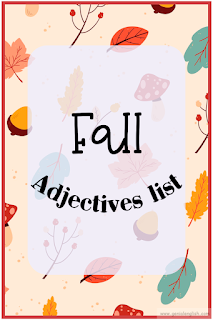What does it take to learn a new language?

Being bilingual or multilingual is a really neat skill to have! If you know someone who speaks a different language from you, it can be pretty awesome to try and talk in their language. Some people may find it easier than others, so keep going! Yes, your instructor and teaching methodology are key. Still, your specific learning experience will come down to more than just that. Learning is a two-way street, and successful students know it! Have you ever wondered why some people learn a language faster or better than others? You might think they are smarter or luckier than you, and those self-imposed prejudices are holding you back. Learning languages goes beyond your natural ability. In my experience as an instructor, I get to see a behavior pattern from talented students that stood out and believe me, it goes beyond luck or smarts. First, keep in mind each person and each student is different. As teachers, it is our responsibility to understand this and do our best to cater to our...





